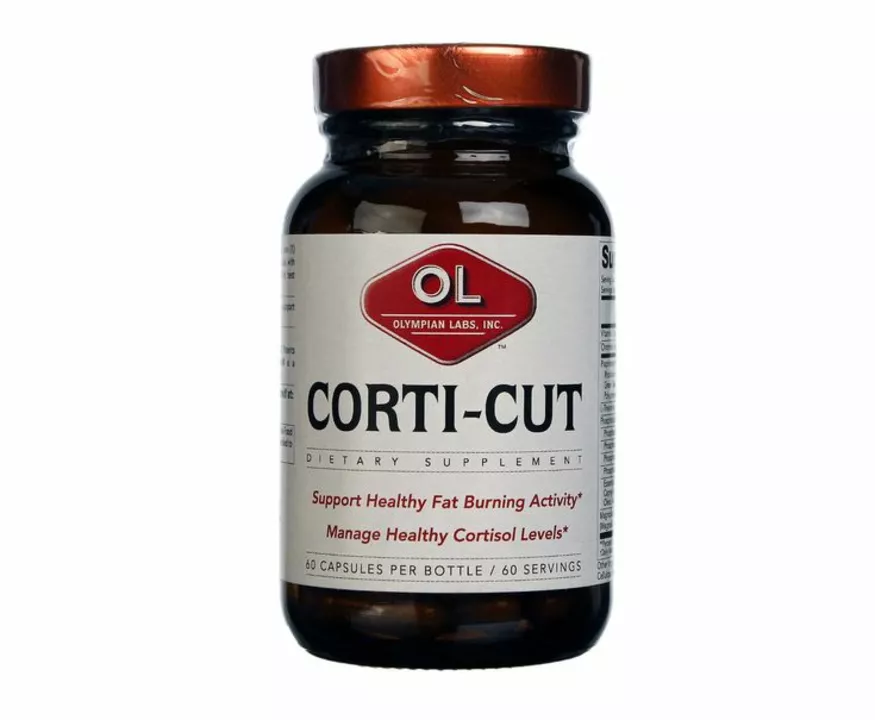Thiamine (Vitamin B1): What It Does and Why You Need It
Thiamine is a small nutrient with a big job: it helps your cells turn carbs into energy and supports nerve and heart function. You need just tiny amounts daily, but when levels drop, problems show up fast — from tiredness and numb feet to serious brain and heart issues.
How to spot low thiamine
Low thiamine can look different depending on how bad it is. Mild drops usually cause fatigue, poor appetite, and irritability. More severe deficiency shows as:
- Dry beriberi: numbness, tingling, and weakness in the legs from nerve damage.
- Wet beriberi: fluid buildup, fast heartbeat, and shortness of breath from heart stress.
- Wernicke’s encephalopathy: confusion, eye movement problems, and balance loss. This is a medical emergency and can become permanent (Wernicke–Korsakoff) without treatment.
If you or someone who drinks heavily becomes confused or unsteady, get medical help right away — thiamine treatment can reverse acute brain damage if given fast.
Where to get thiamine and who needs more
Good food sources include whole and fortified grains (brown rice, whole wheat, enriched bread), pork, sunflower seeds, peas, beans, and yeast. Note: thiamine is water-soluble and heat-sensitive, so long cooking or soaking can cut levels.
Some people need extra thiamine: people with alcohol use disorder, those with severe vomiting or diarrhea, people on long-term dialysis, people after bariatric surgery, and anyone with malabsorption. Also watch older adults who eat poorly and anyone on very low-calorie or restrictive diets.
Standard daily recommendations are small: roughly 1.1 mg for adult women and 1.2 mg for adult men. During pregnancy and breastfeeding needs rise slightly. Most multivitamins and fortified foods cover these amounts.
Supplements come as thiamine hydrochloride or mononitrate (both water-soluble) and as benfotiamine (a fat-soluble form that some studies show is absorbed better and may help nerve pain). Typical over-the-counter doses for general support are 10–50 mg daily; clinicians use higher oral doses (50–300 mg) for certain conditions. Severe deficiency is treated with high-dose IV or IM thiamine in a hospital — that’s not something to self-manage.
Interactions and safety: alcohol reduces absorption and increases loss. Some diuretics can increase thiamine excretion. Toxicity is rare — thiamine has low risk even at high oral doses, but allergic reactions can occur with injections.
Want a simple plan? Eat a variety of whole grains, seeds, beans, and lean pork; limit heavy drinking; consider a basic B-complex or multivitamin if your diet is weak or you have risk factors; and talk to your doctor before starting high-dose supplements or if you have symptoms like numbness, swelling, or sudden confusion.
Testing is available (blood thiamine levels or erythrocyte transketolase activity) if a doctor suspects deficiency. Fixing low thiamine is usually straightforward — but fast action matters when the brain or heart are affected.

Thiamine: The Secret Weapon in Your Dietary Supplement Arsenal
As a health enthusiast, I recently discovered the incredible benefits of thiamine, also known as vitamin B1. This essential nutrient plays a vital role in maintaining our overall health, particularly in supporting our metabolism and nervous system. Many people may not realize they are deficient in thiamine, which can lead to fatigue, weakness, and even depression. To make sure we're getting enough of this secret weapon, we should incorporate thiamine-rich foods like whole grains, legumes, and lean meats into our diets. Additionally, taking a dietary supplement with thiamine can give us that extra boost to help us feel our best.
